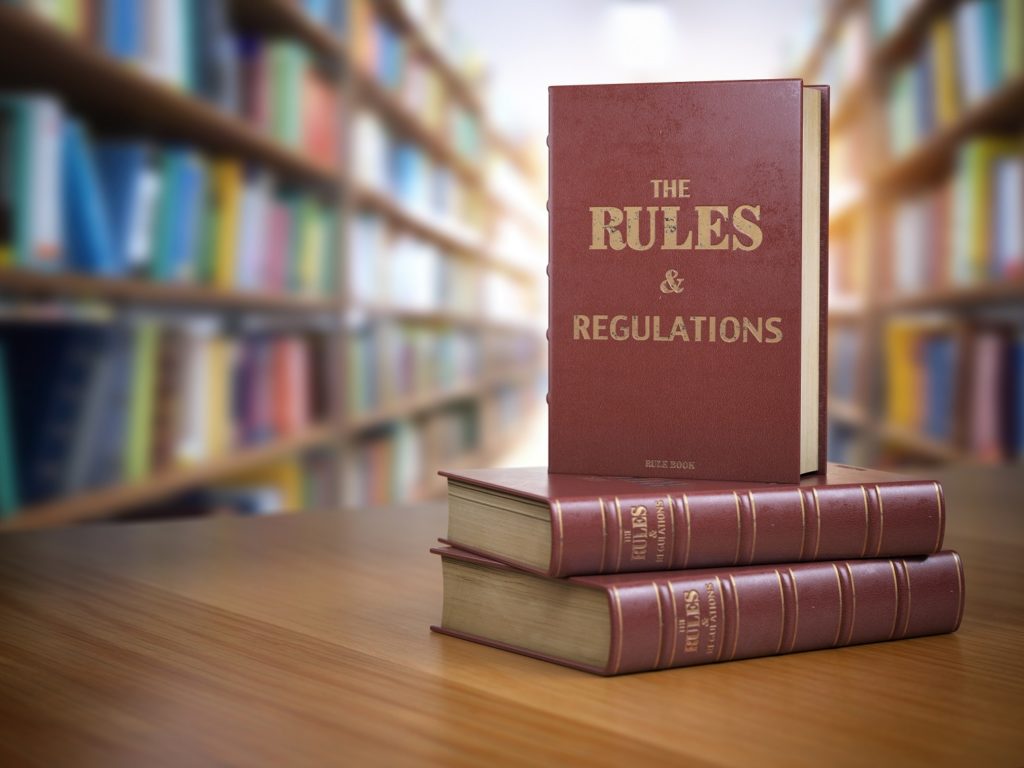How are lawyers responding to climate risk?

Solicitors and their PSLs will be interested to know that easy to understand, property specific climate risk assessment data is now readily available – such as Groundsure’s ClimateIndex module which is freely included within its standard environmental reports. This is a very important development.
Lawyers who fail to advise their clients about climate related risks – e.g. by failing to commission and explain such data – may be used at some point in the future by clients who purchased land, buildings or businesses which are damaged by physical climate impacts (e.g. flooding, coastal erosion or subsidence), with the attendant reputation damage and hike in PI premiums that this would entail.
So, there are real climate risks that the legal profession really needs to understand and then mitigate for themselves and their clients by following good practice.
How many lawyers need to understand climate risk?
Climate risk is not a fringe issue for the legal profession. Environmental and climate risk has very much come of age. We should keep it in mind that the UK declared a climate emergency back in 2019.
Climate risks apply to millions of UK properties. They are at a significantly increased risk of damage from coastal erosion due to sea level rise and natural weathering; much greater risk of flooding, especially during the predicted wetter winters; and much greater risk of subsidence caused by the predicted drier summers.
Perhaps as many as half of the UK’s solicitors – 70,000 of them – will need to acquire a degree of understanding about climate risk and its related legal implications to give sound advice to clients, including explaining the serious physical impacts on land, buildings and enterprise and asset values.
There are 146,000 solicitors in England and Wales. The vast majority of lawyers (78%) work for private practice law firms of which there are approximately 10,500 in England and Wales.
Roughly 3,000 law firms provide conveyancing services, so perhaps 25% of private practice lawyers – 28,000 lawyers – provide residential or commercial property law and related areas such as planning, construction and environmental law. Climate risk is already impacting UK land and buildings so acquiring a good understanding about it clearly is an important part of any property lawyer’s practice and ongoing professional education.
A significant number (22% or 32,000 lawyers) work in-house for companies that will own or occupy property assets that may be at risk from climate impacts. In-house lawyers will wish to assess whether these risks apply to their company’s sites and, if so, contribute to a climate risk management plan. The vital role of General Counsels in advising their companies about such climate risk and ESG exposures is evidenced by the take up of membership for organisations (see below).
Acquiring an understanding of the specific physical impacts of climate risk is also relevant to other areas of legal practice too:
- Company commercial lawyers: companies with climate-stranded assets are going to be less attractive to respective investors and then there are climate risk disclosure obligations and ESG pressures too.
- Pensions lawyers: pension funds take a long-term view of their investments and climate risk, a significant medium to long-term risk, is clearly relevant to pension funds and the potential liabilities of pension fund trustees if clients stranded assets are purchased.
- Litigators: solicitors, licensed conveyancers and other professional property advisors who fail to discharge their climate duty of care will be exposed to claims for professional negligence claims in the future. Hence, property litigators will also be involved in litigating climate risk cases in the future.
Law Society and Climate Risk

So, given that climate risk is so significant for UK commercial property owners, homeowners and businesses (developers, lenders and insurers and pension funds) what is the Law Society doing about it? The answer is quite a lot.
Most significantly, the Law Society set up its Climate Change Working Group (CCWG) in 2020, ably chaired by Caroline May of Norton Rose Fulbright. The Group has been very active. Just prior to the Glasgow COP26, the Group produced the Climate Change Resolution in which it:
- “Resolved to provide guidance to solicitors on how, when approaching any matter arising in the course of legal practice to take into account the likely impact of that matter upon the climate crisis in a way which is compatible with their professional duties and the administration of justice“; and
- “Resolved to develop, disseminate and publicise educational tools and resources to support solicitors to incorporate into their daily practice advice on the impact of climate change“.
The Law Society’s CCWG is understood to be developing guidance in relation to the ethical aspects of climate risk advice – e.g. whether law firms can validly exclude providing climate risk advice from the scope of their retainer.
Any lawyer who is interested in understanding the impact of climate risk and developing a client conscious legal practice, should go to the Law Society’s website and search for ‘climate’ to see the resources available.
The Law Society’s Planning and Environmental Law Committee is also active in this area. The Committee is working on a climate risk practice note. This will be of considerable interest to the many solicitors who need to understand good practice in this area so that they can discharge their duty of care to warn their clients about climate risk. (Note: the case for the duty of care has already been advocated by Professor Sarah de Gay and Stephen Tromans QC).
Lastly, The Law Society is interested in updating its existing Practice Notes on Contaminated Land and Flooding to take account of the changes which climate risk is bringing to our environment. The author was invited recently to update the Contaminated Land Practice Note for the Law Society to address risks from extreme weather events caused by climate change. It is to be hoped that the changes – partly to address climate risk, partly to improve other parts of the guidance – will go out to consultation in the coming months.
Solicitors Regulation Authority
The SRA’s current corporate strategy indicates that it needs to be proactive in anticipating and responding to the changing environment and how it may impact on the legal sector and their role in effectively regulating it. It is understood that the SRA is aware of the work that the Law Society is undertaking and is keeping a watching brief of this matter.
Other Legal Organisations interested in Climate Risk
There is no shortage of networking and know-how opportunities for law firms wishing to build capacity in the area of climate risk.
In addition to The Law Society, there are several other legal groups and associations that are doing invaluable work in the climate risk field, including:
The Chancery Lane Project – provides climate related clauses for use in a very wide range of legal agreements, including wording for the Report on Title.
Lawyers for Net Zero – provides a best practice network for general counsel to better understand the challenges of climate change and to become effective advocates to help their organisations to support net zero greenhouse gas emissions targets.
UKELA – UK’s leading association for anyone interested in how the law can be used to protect and improve our environment. UKELA has a number of working parties, including one for climate risk.
ClientEarth – leading activist law firm whose work over the past 15 years in the UK and Europe shows how the law can be used to mitigate climate damage. Any lawyer interested in seeing how the law is being deployed in the climate risk area should keep up-to-date with CE’s work. CE, for example, recently brought a judicial review in the High Court to review the UK Government’s net zero strategy which was found wanting in a number of respects – a ruling which was welcomed by Stephanie Boyce, President of The Law Society of England and Wales.
Other organisations include the Net Zero Lawyers Alliance and, especially, the Legal Sustainability Alliance.
Summary
Solicitors are not climate scientists, but we cannot pretend that they have no role to play in the fight against climate change. They have a duty of care to our clients to point out the risks and liabilities that are already happening and will only intensify in the years ahead.
As this blog shows, many different types of lawyers – property and property support lawyers, banking lawyers, corporate lawyers, pensions, construction and in-house lawyers – will have to get to grips with climate change. This means understanding the physical impacts climate change is having on UK land, buildings and businesses, with a significantly increased number of properties being impacted by subsidence and flooding in particular.
We also need to understand how best to discharge our duty of care to a wide range of clients – homebuyers, developers, commercial property owners, lenders, and pension funds.
Understanding the climate data tools that are now available – such as Groundsure’s ClimateIndex– is the very first step that lawyers should take.
Date:
Jul 27, 2022
Author:
David Kempster

